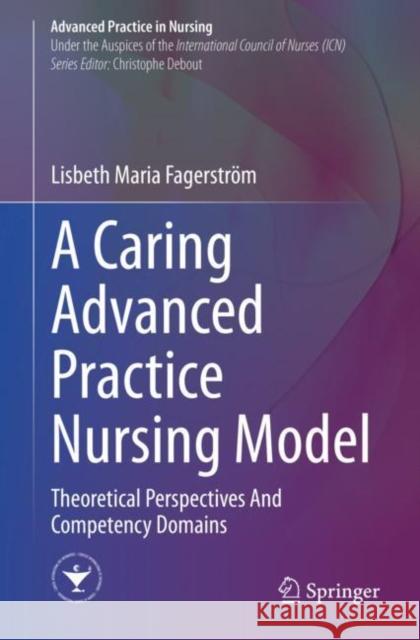A Caring Advanced Practice Nursing Model: Theoretical Perspectives and Competency Domains » książka
topmenu
A Caring Advanced Practice Nursing Model: Theoretical Perspectives and Competency Domains
ISBN-13: 9783030535544 / Angielski / Twarda / 2021 / 248 str.
A Caring Advanced Practice Nursing Model: Theoretical Perspectives and Competency Domains
ISBN-13: 9783030535544 / Angielski / Twarda / 2021 / 248 str.
cena 221,37
(netto: 210,83 VAT: 5%)
Najniższa cena z 30 dni: 212,02
(netto: 210,83 VAT: 5%)
Najniższa cena z 30 dni: 212,02
Termin realizacji zamówienia:
ok. 22 dni roboczych.
ok. 22 dni roboczych.
Darmowa dostawa!
Kategorie BISAC:
Wydawca:
Springer
Seria wydawnicza:
Język:
Angielski
ISBN-13:
9783030535544
Rok wydania:
2021
Wydanie:
2021
Numer serii:
000796701
Ilość stron:
248
Waga:
0.54 kg
Wymiary:
23.88 x 19.56 x 1.78
Oprawa:
Twarda
Wolumenów:
01











